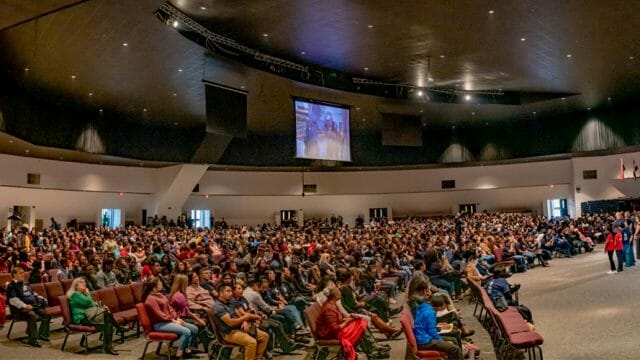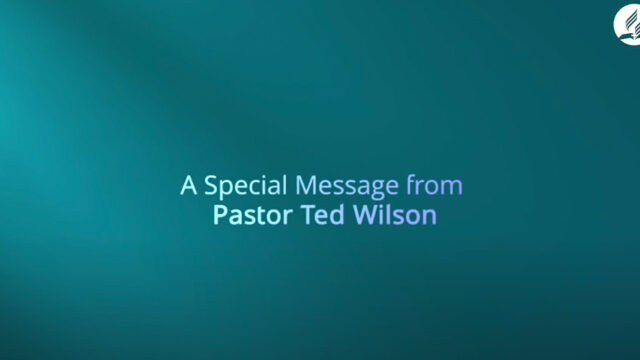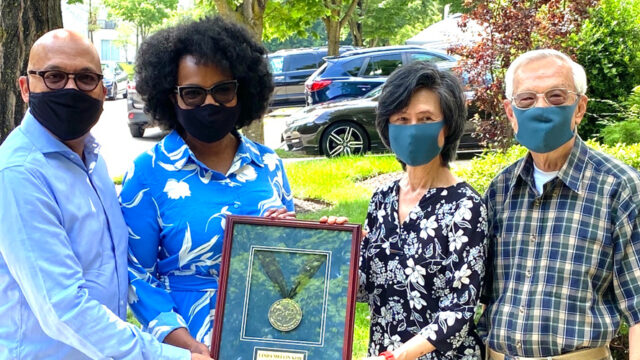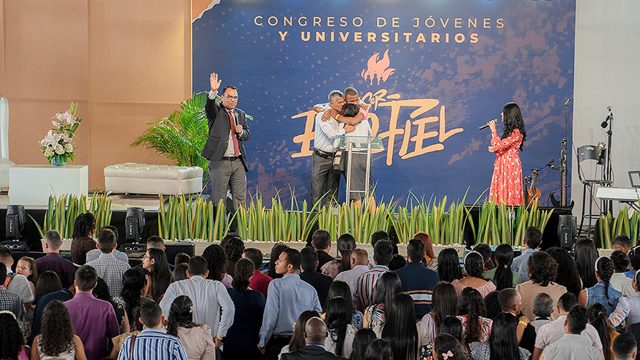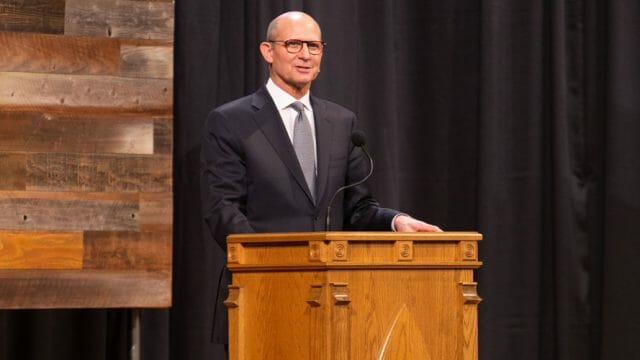The church I want to belong to is . . . ethical.
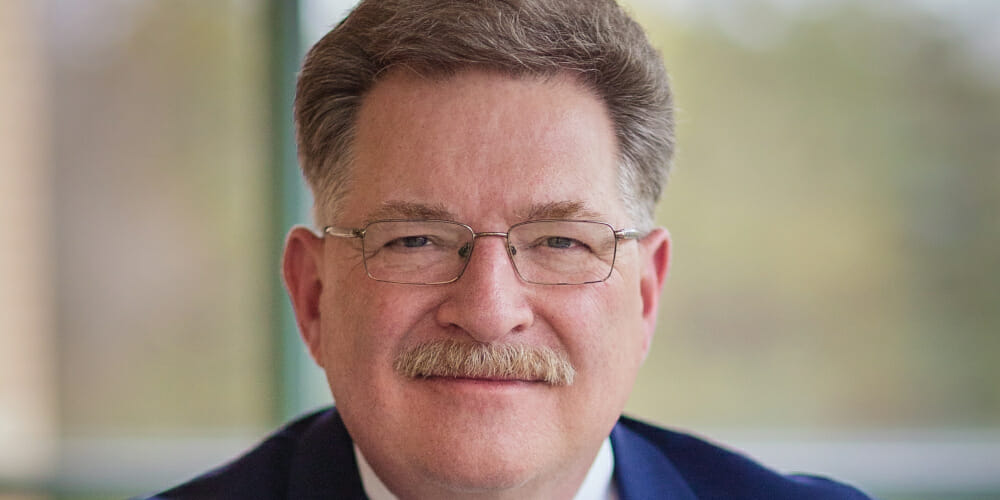
Self-love is the greatest of flatterers.*
Our virtues, more than our vices, require the witness and confirmation of persons outside ourselves. Through the working of the Holy Spirit, we may sense we have transgressed God’s requirement of deep honesty. Perhaps we told most of the truth, or nearly all of it—or that portion that kept our reputation intact. Depending on how our consciences were formed, however, we may still mistakenly award our- selves the virtue of “honesty” because of a familiar habit of self-flattery.
But to be known as “honest” requires a community of persons beyond me who bear witness to a value and a goal we all share. My “honesty” is ultimately the consensus of a group of people who prize truth-telling—those who have observed my behavior over time, and whose minds have been shaped by the law of God. “Ethical” is not a label I may place upon myself.
We need a community of belief—a gathered company of those who pray to understand both God’s will and His standards—to fully grasp what it means to act ethically in our private and public lives. The habits of integrity and acting for the good of others are observable behaviors in a congregation where we gently and gracefully hold each accountable. Other believers help me see what I might otherwise not see. They help me appreciate God’s high requirement, even as they help me understand His forgive- ness when I fall short of it.
This willingness to be advised by the collective conscience of God’s people is a quality particularly needed among those we ask to lead us. Their decisions frequently determine the current spiritual health and well-being of many local congregations. Their actions also become a template for future leaders who will take their cues from what they witness.
Belonging to a church that prizes ethical behavior means we must train those we ask to lead, and then hold them accountable to the standards of God’s Word. It also means that there should be consequences when the church discovers that someone in leadership has acted unethically—for personal gain, to nullify the rightful decisions of others, or for the advantage of their tribal or racial group. This expectation of those we ask to lead—and of each other—is vital because of our belief in the nearness of Christ’s coming: “Let us consider one another in order to stir up love and good works, not forsaking the assembling of ourselves together, as is the manner of some, but exhorting one another, and so much the more as you see the Day approaching” (Heb. 10:24, 25).
The world is watching those who call themselves followers of Jesus to see if our lives align with the Lord who emphasized both God’s high standard and His grace to help us actually live that way. Our witness to biblical truth will only be as credible as we our- selves are credible as a community that does justice, loves mercy, and walks humbly with our God (see Micah 6:8).
The church I want to belong to is . . . ethical.
* François de La Rochefoucauld


